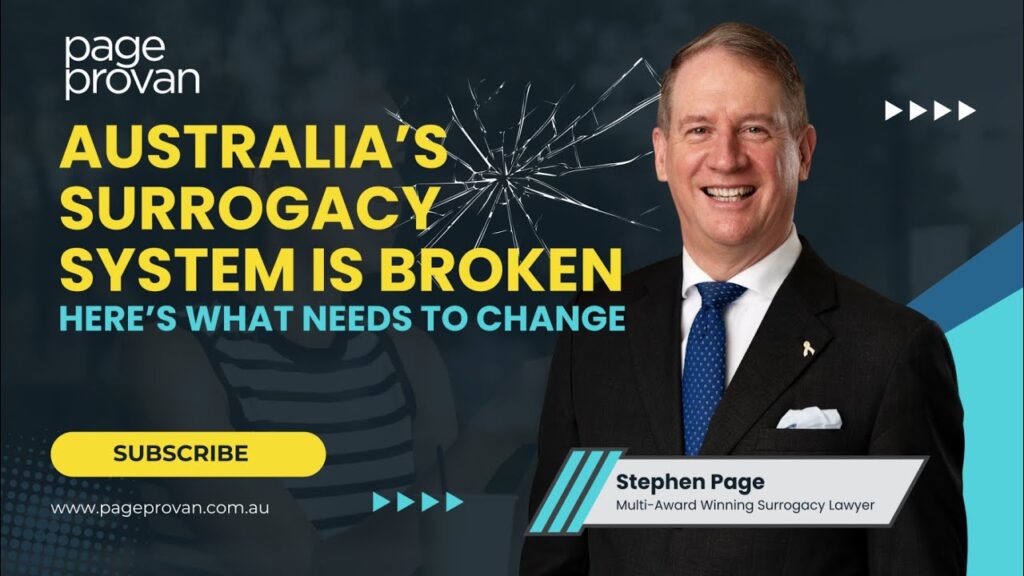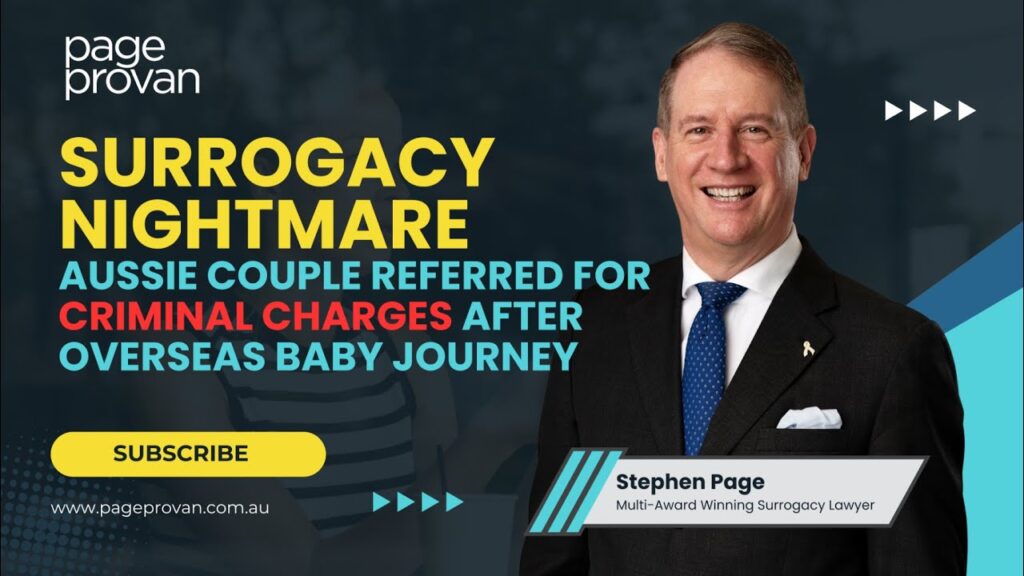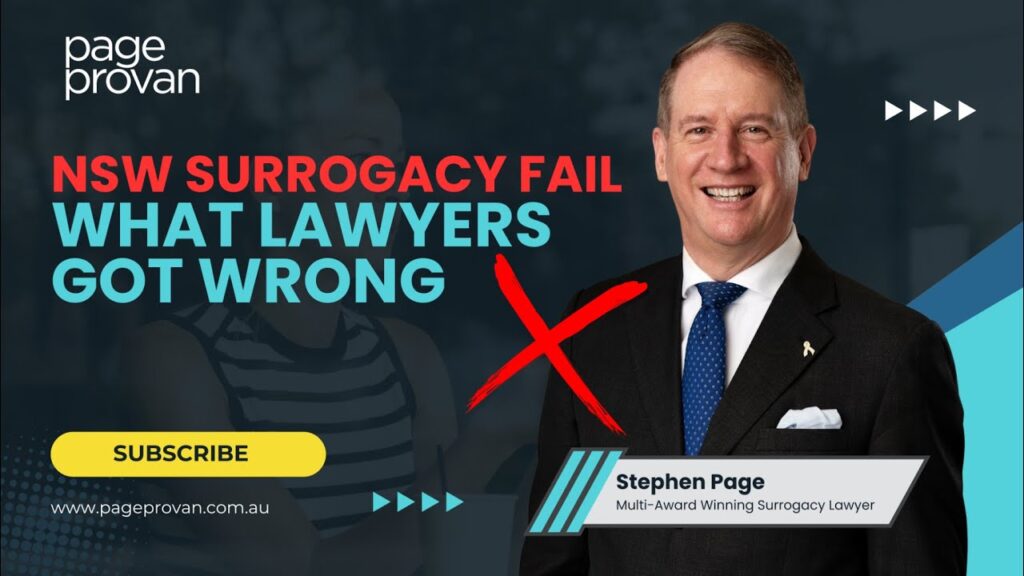Evidence Act Amendments put before the House
Commonwealth Attorney-General Robert McClelland has now moved that the Evidence Amendment Bill be read a second time.
I have set out below his second reading speech, which summarises the proposed amendments:
EVIDENCE AMENDMENT BILL 2008
First Reading
Bill and explanatory memorandum presented by Mr
McClelland.
Bill read a first time.
Second Reading
Mr McCLELLAND (Barton—Attorney-General)
(9.12 am)—I move:
That this bill be now read a second time.
This bill marks an important step in evidence law reform.
Members would be aware that the Commonwealth,
New South Wales, Tasmania, the Australian Capital
Territory and Norfolk Island have been part of a uniform
evidence law regime for over 10 years.
In 2005, the Australian, New South Wales and Victorian
Law Reform commissions were asked to inquire
into the operation of that regime and to propose updates
and amendments. Their work took some 18
months, involved consultations in every state and territory
and more than 130 written submissions. This culminated
in their report, Uniform evidence law.
The commissions reported that the uniform evidence
laws are working well. They found no major structural
problems with the legislation or with its underlying
policy. Their recommendations were aimed at fine tuning
the acts and promoting uniform evidence laws that
are more coherent and accessible; less complex and
reform unsatisfactory and archaic aspects of the common
law. These reforms will increase efficiencies for
the courts, legal practitioners and business and in turn,
benefit the broader community who access the courts.
In developing this bill, the Commonwealth has
worked constructively with the states and territories
through the Standing Committee of Attorneys-General.
The standing committee established a working group
which considered the report’s recommendations and
developed a model bill that implemented many of the
commissions’ recommendations. The model was also
considered by an expert reference group. The standing
committee endorsed the final model bill at its meeting
in July 2007.
The Evidence Amendment Bill varies from the
Standing Committee of Attorneys-General model in
only two regards—it does not introduce a professional
confidential relationship privilege and does not extend
existing client legal privilege and public interest immunity
to pre-trial proceedings. These are matters that
have been canvassed in the media extensively. The
government notes they are significant issues and we
will be considering these matters separately.
It is appropriate that the government considers issues
relating to privilege as it develops its response to
the Australian Law Reform Commission report, Privilege
in perspective, which I tabled earlier this year.
I can also advise that the government’s election policy,
Government Information: Restoring Trust and Integrity,
included commitments relating to journalist
shield issues, and the government is working on implementation
of these commitments.
Many of the amendments proposed in this bill today
are largely technical and in some cases they address
developments in case law. For example, the amendments:
• provide further guidance on the hearsay rule;
• introduce a general test for the coincidence rule;
• help to ensure the reliability of admissions in
criminal proceedings; and
• provide that the court may make an advance ruling
or advance finding in relation to any evidentiary
issue.
This bill also contains some significant reforms. For
example, it extends compellability provisions in the
Evidence Act to ensure that same-sex couples cannot
be compelled to give evidence against their partner.
This supplements the work being done by the government
to remove same-sex discrimination from a wide
range of Commonwealth laws.
The compellability provisions will also be extended
to provide that de facto partners who may not cohabit
but are in a genuine de facto relationship will have the
same right to object to giving evidence against their de
facto partner in a criminal proceeding as currently exists
for a married spouse.
The bill also provides new exceptions to the hearsay
and opinion rules for evidence/opinion given by a
member of an Aboriginal or Torres Strait Islander
group about the existence or non-existence, or the content,
of the traditional laws and customs of the group.
The oral tradition of Aboriginal or Torres Strait Islander
traditional laws and customs does not fit well
within existing hearsay and opinion rules. Yet evidence
of these matters is relevant in a variety of areas such as
native title, family law, criminal law defences and sentencing.
These amendments will make that evidence
easier to provide and more appropriately reflects how
knowledge of traditional laws and customs is recorded.
This bill also addresses the misconception that the
evidence of children is inherently less reliable than that
of adults. Specifically the bill provides that warnings
by a judge as to the reliability of a child’s evidence
should only be given where there are circumstances
particular to the child witness that warrant a warning.
Research conducted in recent years demonstrates that
children’s cognitive and recall skills have been undervalued.
For example, the joint ALRC and HREOC report
Seen and heard: priority for children in the legal
process noted that very young children are able to remember
and retrieve from memory very large amounts
of information, especially when the events are personally
experienced and highly meaningful.
These reforms will apply generally but will have
particular significance where the child witness has
been the victim of an offence.
Also, the bill recognises that the standard question
and answer format for giving evidence may be unsuitable
for a number of witnesses, such as children, and
people with an intellectual disability. Its provisions
extend the use of narrative evidence by providing the
court with the power to direct a witness to give evidence
wholly or partly in narrative form. This gives the
court flexibility in receiving the best possible evidence.
Again these reforms will apply generally but will
have particular significance where a child or a person
with an intellectual disability has been the victim of an
offence. Of course, before making such a direction the
court will take into account a range of matters, including
fairness to all parties. The fact that these provisions
have been introduced, in the context of children and
people with an intellectual disability perhaps being
among the most vulnerable in our community, is a significant
advance.
Further, this bill revises the test for determining a
witness’s competence to give evidence. This will enhance
the participation of witnesses, including children
and persons with an intellectual disability, in proceedings
and ensure that relevant information is before the
court.
Finally, the bill introduces a duty on the court to disallow
improper questions put to a witness during crossexamination.
This includes questions which may be
misleading or unduly harassing, intimidating, offensive
or repetitive. This replaces the current approach which
permits a court to disallow such questions. The commission’s
report had found that this approach in practice
had not provided a sufficient degree of protection
for vulnerable witnesses.
I am pleased to note that the New South Wales government
has already implemented the model evidence
reforms and that Victoria and other jurisdictions have
signalled their intention to join the uniform evidence
scheme.
In addition to implementing the model evidence bill,
this bill amends the Amendments Incorporation Act
1905, which will be renamed the Acts Publication Act
1905. These amendments will provide for certain
printed and electronic versions of acts (including compilations
of acts) to be taken, unless the contrary is
proven, to be a complete and accurate record of those
acts. This will facilitate parties before the courts being
able to prove the current state of the law.
This is a practical reform to improve the accessibility
of freely available authoritative information about
Australia’s laws and will allow courts to rely on electronic
versions of Commonwealth acts.












